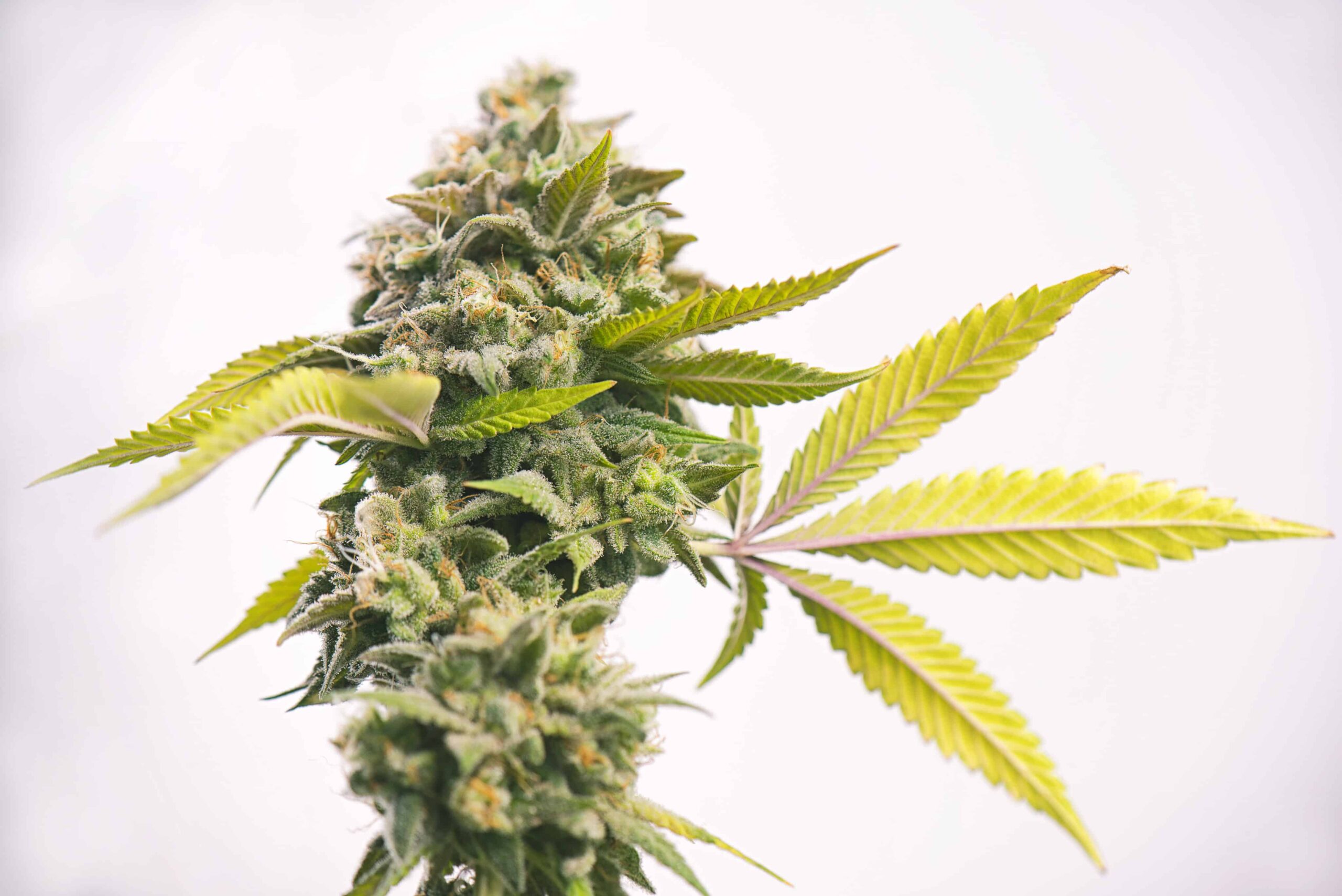
Pittsburgh advocates unite to legalize adult-use cannabis in Pennsylvania
In Pennsylvania’s second-largest city, advocates are busily working to legalize adult-use cannabis.
Last month, two lawmakers introduced Senate Bill 846 to legalize adult-use cannabis in Pennsylvania. The bill is currently awaiting consideration by the Senate Legal and Judiciary Committee for further deliberation. Next Pittsburgh reports that proponents of a local Pittsburgh branch of NORML are preparing for legalization efforts in the state.
“This is a much bigger issue than just cannabis – it’s about giving people the right to find health and wellbeing the way they want and not having to feel like the government is giving them.” dictates how they are allowed to heal,” says Gina Vensel, a cannabis educator and advocate in the area. Vensel also serves on the Executive Committee of Pittsburgh NORML, the Pittsburgh branch of the National Organization for the Reform of Marijuana Laws (NORML).
SB 846 is a bipartisan initiative and was led by Sens. Daniel Laughlin and Sharif Street. The bill would create a cannabis regulatory oversight body and allow adults 21 and older to purchase cannabis in retail stores. Additionally, it would allow medical cannabis card holders to grow cannabis at home. Finally, nonviolent convictions related to cannabis would be abolished.
“The legalized use of marijuana by adults is supported by an overwhelming majority of Pennsylvania residents, and this legislation achieves that while ensuring safety and social justice,” Laughlin said in a statement. “As neighboring states New Jersey and New York institute adult marijuana use, we have a duty to the taxpayers in Pennsylvania to legalize adult marijuana use to avoid the loss of hundreds of millions of dollars in new tax revenue and thousands of new jobs.” to avoid.”
In Pittsburgh, the problems remain
High Times reported in 2018 that Solevo Wellness was the city’s first medical dispensary and the fourth operating medical cannabis dispensary in the entire state of Pennsylvania. The process of founding, licensing and opening Solevo Wellness took about 18 months. The company owes its success in obtaining the necessary permits largely to its hired industry consultant, Sara Gullickson.
Pittsburgh, located in Allegheny County, decriminalized cannabis in 2015. Part of the policy change was giving law enforcement agencies a choice between arresting people for suspected cannabis offenses or simply serving them a subpoena. Further down the criminal justice system, prosecutors in Pennsylvania’s major cities issued “decline to prosecution” guidelines for minor cannabis cases that went to trial.
Despite local decriminalization, arrests for cannabis have increased since Pittsburgh instituted decriminalization policies. Many law enforcement officials are finding it difficult to abandon the old policy of continuing to arrest suspected offenders instead of issuing them with speeding tickets.
Analyzing all criminal records filed in Allegheny County between 2016 and 2017, The Appeal broke down the 2,100 cases in which possession of less than 30 grams of cannabis was the primary charge. They also investigated the thousands of arrests for petty possessions made by police over the same period.
Of the more than 2,100 allegheny county cannabis-related cases in which the defendant was charged with possession misconduct, 51 percent of the accused were black. According to the latest 2017 U.S. Census data, 13.4 percent of all Allegheny residents are black. And the dramatic racial disparities across the county are even greater in Pittsburgh: blacks were charged in more than 400 of the 600 cases filed by the Pittsburgh Police Department. Two-thirds of all cannabis cases in the city were black, despite making up just 24.3 percent of the city’s population. In other words, the Pittsburgh Police Department charges blacks twice as much for cannabis as whites.
The Pittsburgh Pirates and Decriminalization
On a few notable occasions, Pittsburgh Pirate games have provided a stage for decriminalization efforts and education.
A Pittsburgh native, Wiz Khalifa is a proponent of both cannabis and psilocybin. He threw the ceremonial first pitch Monday at PNC Park in Pittsburgh, ahead of a game between the Pittsburgh Pirates and the Cleveland Guardians. “Finna gets stoned and throws that first pitch at the pirates game,” he tweeted before sharing more details. “It’s crazy throwing a baseball,” Wiz said in another tweet moments later.
Former Pirates pitcher Dock Ellis also pitched on acid on June 12, 1970.
That day, Ellis reportedly threw a no-hitter while tripping on LSD.
“According to Ellis (and it should be noted that this is all from Ellis), the day before he started he was visiting a friend in Los Angeles, took some acid and stayed up late drinking and using drugs, and subsequently lost keeping track of what day it was,” Sports Illustrated wrote in 2017. “The day he started, he woke up thinking he had to pitch the next day, took another sip of acid at noon just to learn it.” Two Hours later, his friend informed him that he was supposed to be on the hill against the Padres in San Diego that night. An hour later, Ellis boarded a plane and arrived at the park 90 minutes before the first pitch.”
For the time being, the lawyers in the city are still busy at work.

Post a comment: